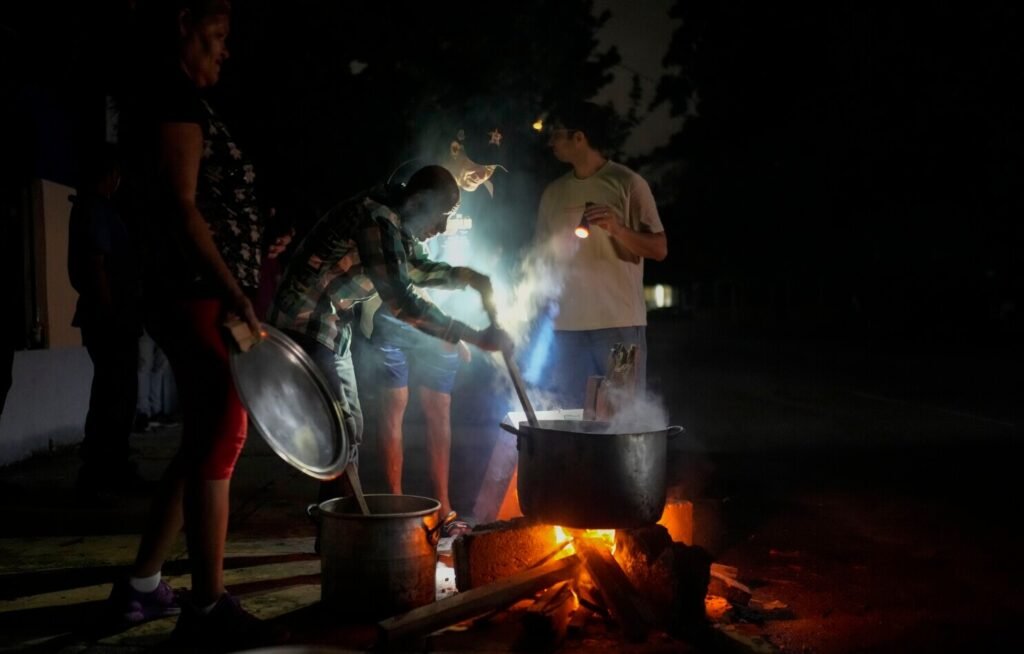Maria Elena Cárdenas, 76, resides in a municipal shelter on Amargura Street in Havana’s old town, which once held elegance. After her home collapsed, she cooked with sticks collected from the street. “We Cubans manage the best we can,” she remarked about her situation. The Cuban government recently battled to repair the island’s national grid following the Cuba power crisis that impacted daily life. Without electricity, the scorching heat makes it difficult to sleep, food degrades, and access to clean water is limited.
While the municipality provided some food aid to Cárdenas, the power situation worsened after a week-long blackout. She shares the shelter with three families, including children and elderly residents. Although the island returned to frequent power cuts of up to 20 hours daily, many residents felt a sense of despair about their future.
This crisis began on October 17, when state workers received orders to stay home in an attempt to conserve energy. Unfortunately, this decision did not prevent a total blackout the following day. The Antonio Guiteras power station, a key facility, shut down, causing other major generating stations to fail as well.
A former engineer from Antonio Guiteras stated that restarting a power station is a complicated procedure requiring much electricity. The facility, constructed in 1989, is currently suffering from age and neglect, with maintenance requirements routinely neglected. Government authorities blame the power outage on a long-standing US trade embargo, which hampers fuel supplies.
Cuba has traditionally relied on foreign partners for resources, but assistance from Russia and Venezuela has declined dramatically. Prime Minister Manuel Marrero has underlined the private sector’s need to pay more for power. Meanwhile, previous attempts to create solar energy facilities were unsuccessful due to budgetary restrictions. Many Cubans are dealing with several issues, including water shortages impacting 600,000 people.
The recent Cuba power crisis has strained both the electricity and water systems. As residents like Dariel Ramírez share dwindling supplies, they ponder how to prepare for the next crisis. “If this happens again, we need to prepare the Granma yacht,” he said, invoking the revolutionary past.










